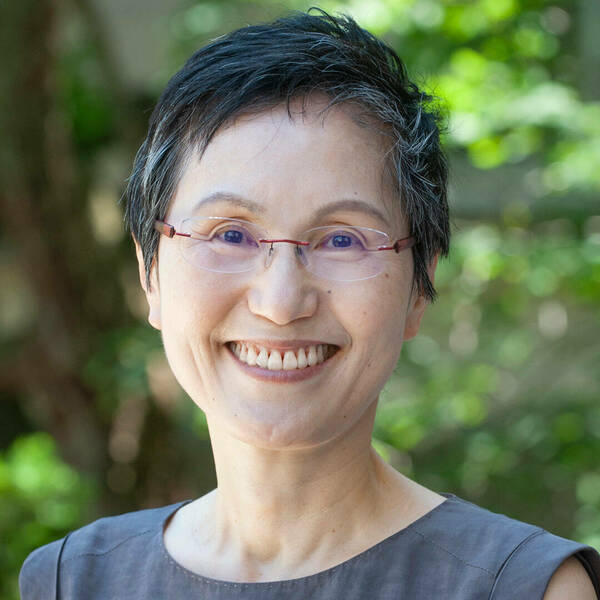MCAA Keynote Address

"Home Cooking and Gendered Labor in Global Korea"
Saturday, September 14, 6:30 p.m.
Location: Champion Ballroom, Embassy Suites
Home cooking has long been seen as the product of women’s unpaid labor in the private sphere. In recent decades, however, a discourse and performance of home cooking has emerged in print and visual media as an entrepreneurial opportunity at home and abroad, embraced by both men and women. In this presentation, Choi approaches home cooking as a historical concept that is varied, contested, and shifting. It intersects with aspects of gender, class, place, age, and globalization, among others; therefore, home cooking offers a useful lens through which to examine shifting gender dynamics and the interplay between the public and the private. Specifically, Choi asks why home cooking has become a focal point at this particular historical moment; how the circulation and capitalization of home cooking in South Korea intersects with a neoliberal economy that emphasizes individual choice and ambition over structural constraints; and how the discourse and performance of home cooking in popular media maintains, reinforces, or challenges conventional notions of femininity and masculinity. Choi offers a range of data to demonstrate the nexus of the domestic-the public-the global. She suggests that the recent popularity of home cooking is an example of how patriarchy has adapted to new historical demands in a rapidly globalizing world. She also illustrates how everyday practices such as eating and cooking can be a site of community-based new life politics.
About the Keynote Speaker
Hyaeweol Choi, president of the Association for Asian Studies (AAS), is the Stanley Family and Korea Foundation Chair in Korean Studies at the University of Iowa. Her research interests include gender, empire, modernity, religion, food and the body, and transnational history. She is the author of Gender and Mission Encounters in Korea; New Women, Old Ways (2009), New Women in Colonial Korea: A Sourcebook (2013), and Gender Politics at Home and Abroad: Protestant Modernity in Colonial-Era Korea (2020), among others. Her current research project, “Food and the Life Politics of Domesticity in Global Korea,” examines the domestic as a confluence of local, public, global, and environmental structures and aims to shed new light on everyday gender politics and performance through food ethics and practices in the current age of excess, inequality, and ecological crisis.